Latest Stories
Latest News
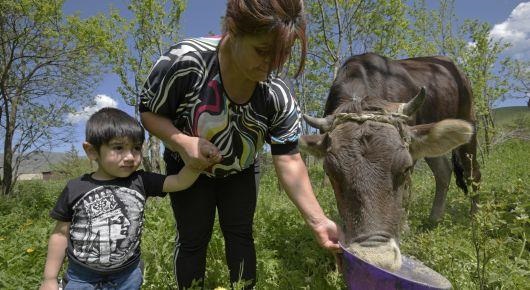
FAO, OIE and WHO call for stronger coordination in mitigating health threats
23/04/2021
In a joint statement released today, FAO, the World Organization for Animal Health (OIE), and the World Health Organization (WHO), committed to strengthening multi-sectoral coordination and efforts to combat health threats associated with interactions bet
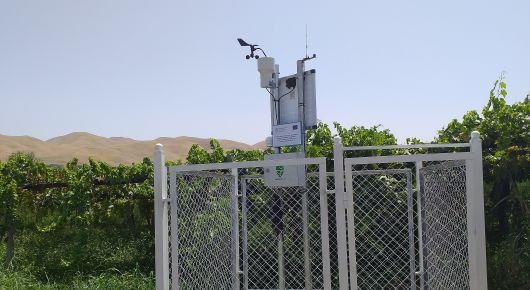
Advanced weather data benefit Tajik smallholder farmers
20/04/2021
Tajikistan is considered one of the most vulnerable countries to climate change in Central Asia. The effects of climate change are already visible in the form of increased temperatures, extreme weather events, and glacial melt. The agricultural sector is
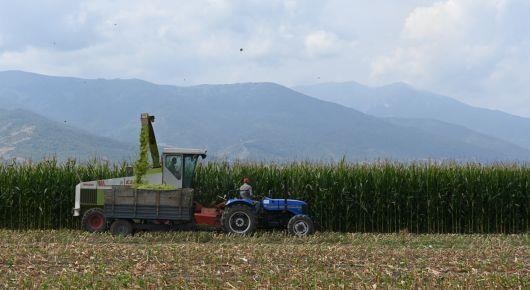
Experts examine ways to reduce harvest and post-harvest food losses
14/04/2021
Post-harvest food loss is a leading cause of food insecurity for millions of people across the world. In 2019, 690 million suffered from hunger and the situation has worsened due to the COVID-19 pandemic. Therefore, everyone involved, including farmers, h
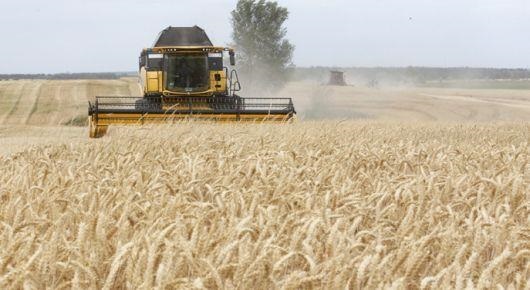
New effort strengthens regional collaboration against wheat rust diseases
14/04/2021
Wheat is the most widely grown crop in the world and the key commodity for food security in many regions including Central Asia and Caucasus, as well as the basic staple in this region. Produced largely by smallholder farmers, wheat provides around 60 per

Female farmers to improve livelihoods with support of experienced peers
09/04/2021
Olga Babayeva, a 52-year-old farmer from Samukh region, in northwestern Azerbaijan, is a well-recognized businesswoman in her community. Apart from being the biggest producer of vegetable seeds for onions, coriander, dill, radishes, and parsley, among oth
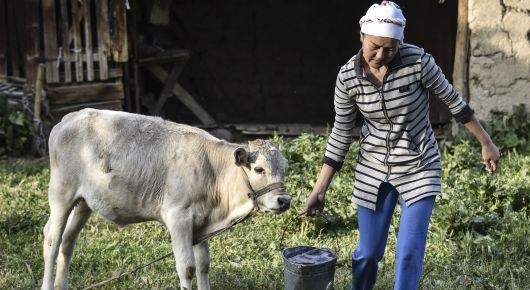
Integrating social protection and agriculture to improve diets in Kyrgyzstan
08/04/2021
Social protection has a critical role to play in reducing poverty, improving food and nutrition security, and stimulating inclusive economic growth in rural areas. However, social protection alone cannot address all the risks and challenges faced by vulne
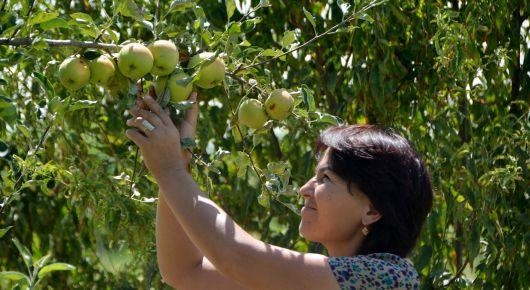
FAO and Uzbekistan sign an agreement guiding collaboration on food and agriculture
08/04/2021
A roundtable meeting marked the official launch of the FAO–Uzbekistan Country Programming Framework (CPF), covering the period 2021–2025 and giving impetus and further guidance to their partnership. In line with national sustainability priorities, FAO sig
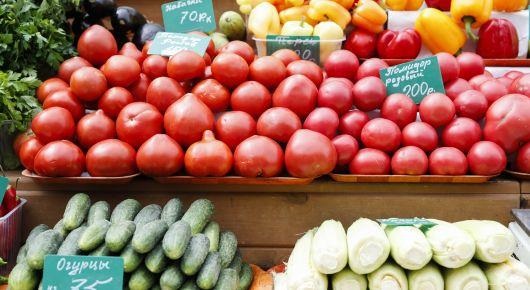
Eating healthy before, during and after COVID-19
07/04/2021
If there was ever a time that made us pay attention to our health, it has been this one of the COVID-19 pandemic. This year has also made that clear that not everything in the world of health is under our control. However, many of us are lucky enough to..
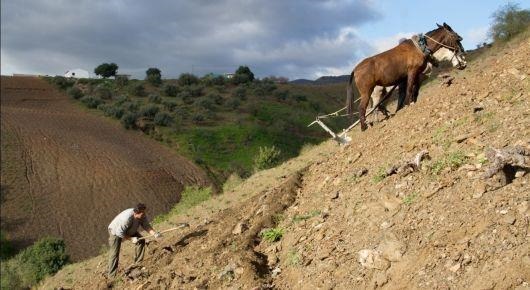
Scientists study Malaga’s globally important agricultural heritage to search for climate resiliency
02/04/2021
FAO collaborated with the University of Malaga, Spain, to analyse the resilience and vulnerability of the local traditional Mediterranean agricultural system of vineyards to climate change. The joint work with academic institutions helps to build scientif

Winners of International Day of Forests 2021 photo contest announced
01/04/2021
Photographs from the Russian federation, Belarus, and Spain have won the International Day of Forests 2021 photo contest, which celebrated the ways in which trees contribute to people’s well-being across the world.


